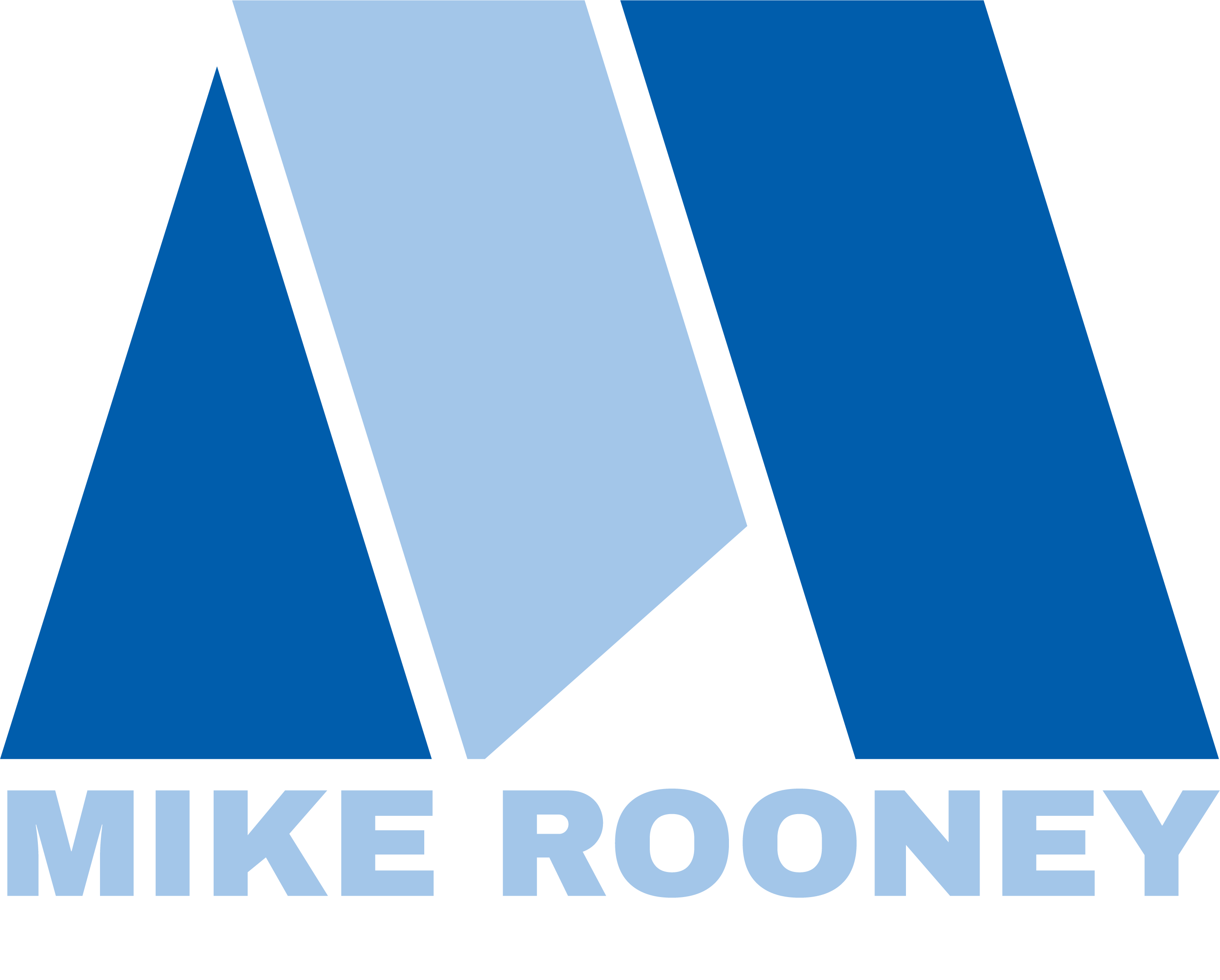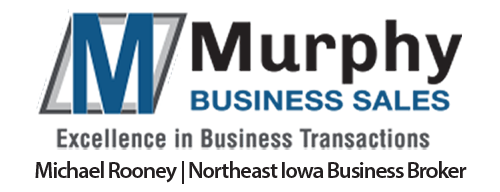Choosing the right accounting method is crucial for the financial health and management of any business. The two primary methods are cash basis and accrual basis accounting. Understanding these methods helps businesses make informed decisions, manage cash flow effectively, and comply with regulations. This article explains the differences between them and helps you understand which one might be best for your business.
Note: Smaller organizations typically use cash accounting as they do not produce, purchase, or sell merchandise. If an organization makes more than $25 million in sales for three years or has inventory, the IRS requires that it use the accrual method of accounting. An organization must stay with its chosen accounting method, unless it receives approval from the IRS.
What is Accrual Basis Accounting?
Accrual basis accounting is typically used by larger companies, but it can be beneficial to smaller companies as well, especially those looking to be acquired by a larger company or where there is a significant time difference between a sale and the collection of funds. Essentially, accrual accounting means that you recognize revenue at the time of a sale and expenses at the time you receive an invoice.
Why Use Accrual Basis Accounting?
Using this method provides a more accurate picture of the profitability of products and services because revenue is recognized more closely to when the expenses are incurred. Some companies may even decide to recognize revenue based on milestones of a project or a build, which is used for projects or product builds that span a long period of time. Note: To recognize revenue based on milestones, this must be specified in the contract or purchase order according to U.S. GAAP (Generally Accepted Accounting Practices).
How Does Accrual Basis Accounting Work?
Example: John owns a manufacturing company. The company’s products take about three days to make. John’s customers are on 45-day payment terms, and they do about 200 orders per month. Keeping track of expenses and revenue can get confusing because their products use common components. Based on this, John decided to switch to accrual basis accounting. This way, the company’s revenue is booked at the same time as their expenses, helping John and his leadership team see a more accurate picture of the company’s overall profitability.
What are the Challenges of Accrual Basis Accounting?
Accrual basis accounting can be complex. The key is understanding the timing of revenue and expenses. This method requires companies to use cash flow forecasts and understand metrics like Days Sales Outstanding (DSO) and Days Payable Outstanding (DPO).
Practical Challenges:
- Cash Flow Management: Making decisions based on a P&L (Profit & Loss) statement can be risky without understanding cash flow. Companies must carefully monitor cash flow to avoid liquidity issues.
- Complexity: Accrual accounting involves more detailed tracking and can require more sophisticated accounting systems and expertise.
- Regulatory Compliance: Ensuring compliance with GAAP and other regulatory standards can be demanding.
What is Cash Basis Accounting?
Cash basis accounting involves recognizing revenue and expenses only when cash changes hands. This method is simpler and often used by smaller businesses with straightforward transactions.
How Does Cash Basis Accounting Work?
Example: Marie owns a retail store. Most customers pay by cash or credit card, with the processor paying her every three days. Since Marie’s revenue and expenses are booked close to one another, she uses cash basis accounting. This method matches her cash flow and provides a straightforward financial picture.
What are the Challenges of Cash Basis Accounting?
The main challenge is that cash basis accounting can cause issues with tracking the true profitability of a company. Additionally, the IRS generally does not allow cash basis accounting if you sell on credit, or if you produce, purchase, or sell merchandise and rely on inventory.
How to choose the right method for your business
You should use Accrual Basis accounting if:
- You sell on credit (terms).
- You buy and hold over 30 days of inventory on average (either finished goods (sellable inventory) or raw materials).
- You buy on credit (terms) over 30 days.
- You sell software that requires weeks/months to implement.
- IRS regulations require you.
You should use Cash Basis accounting if:
- You keep a relatively small amount of inventory on hand.
- Your cash conversion cycle is measured in days, not weeks (time it takes to turn raw materials into cash).
Conclusion
Choosing between accrual and cash basis accounting depends on your business needs. Accrual accounting offers a more accurate financial picture, especially for businesses with delayed transactions. Cash basis accounting is simpler and may be suitable for businesses with immediate cash transactions. Understanding both methods will help you make an informed decision that best suits your business.
FAQs: Accrual vs. Cash Basis Accounting
- What is the main difference between accrual and cash basis accounting?
Accrual basis accounting recognizes revenue and expenses when they are earned or incurred, regardless of when cash is exchanged. Cash basis accounting, on the other hand, records transactions only when cash is received or paid. - Which businesses typically use cash basis accounting?
Cash basis accounting is commonly used by smaller businesses, freelancers, and sole proprietors with straightforward cash transactions. It’s simpler and offers a clear view of cash flow without the complexity of tracking accounts receivable or payable. - Why would a business choose accrual basis accounting?
Accrual basis accounting provides a more accurate picture of a company’s financial health by matching revenues with expenses in the period they occur. This method is especially beneficial for businesses that sell on credit, have large inventories, or deal with long-term projects. - What are the main challenges of accrual basis accounting?
Accrual accounting can be complex due to the need to track income and expenses over time, manage cash flow forecasts, and comply with regulations such as GAAP. It often requires more sophisticated accounting systems and expertise. - When is accrual accounting required by the IRS?
The IRS mandates accrual accounting for businesses with annual gross sales of over $25 million over three years or those that hold inventory. Businesses that sell on credit terms are also generally required to use the accrual method. - Can a business switch from cash basis to accrual basis accounting?
Yes, a business can switch from cash to accrual accounting, but it must seek approval from the IRS. Switching accounting methods requires adjustments to financial statements and careful planning to ensure compliance with tax regulations. - How does cash basis accounting work?
Cash basis accounting records revenue and expenses only when cash is exchanged. For example, a retail store owner who receives cash or card payments records income when the payment processor deposits funds, providing a straightforward picture of cash flow. - What are the disadvantages of cash basis accounting?
The main drawback of cash basis accounting is that it doesn’t always reflect the true profitability of a business, particularly when there are delayed payments or significant outstanding bills. This can lead to inaccurate financial reporting. - Which accounting method is better for managing cash flow?
Accrual accounting provides a more comprehensive view of profitability but requires careful cash flow management. Cash basis accounting offers a straightforward cash flow view but may not capture future financial obligations. - How do I decide between cash and accrual basis accounting for my business?
Choose accrual accounting if your business sells on credit, has significant inventory, or needs a detailed financial view. Cash basis accounting may be suitable if your transactions are immediate and straightforward. Consider consulting with an accountant to determine the best method for your specific needs.


